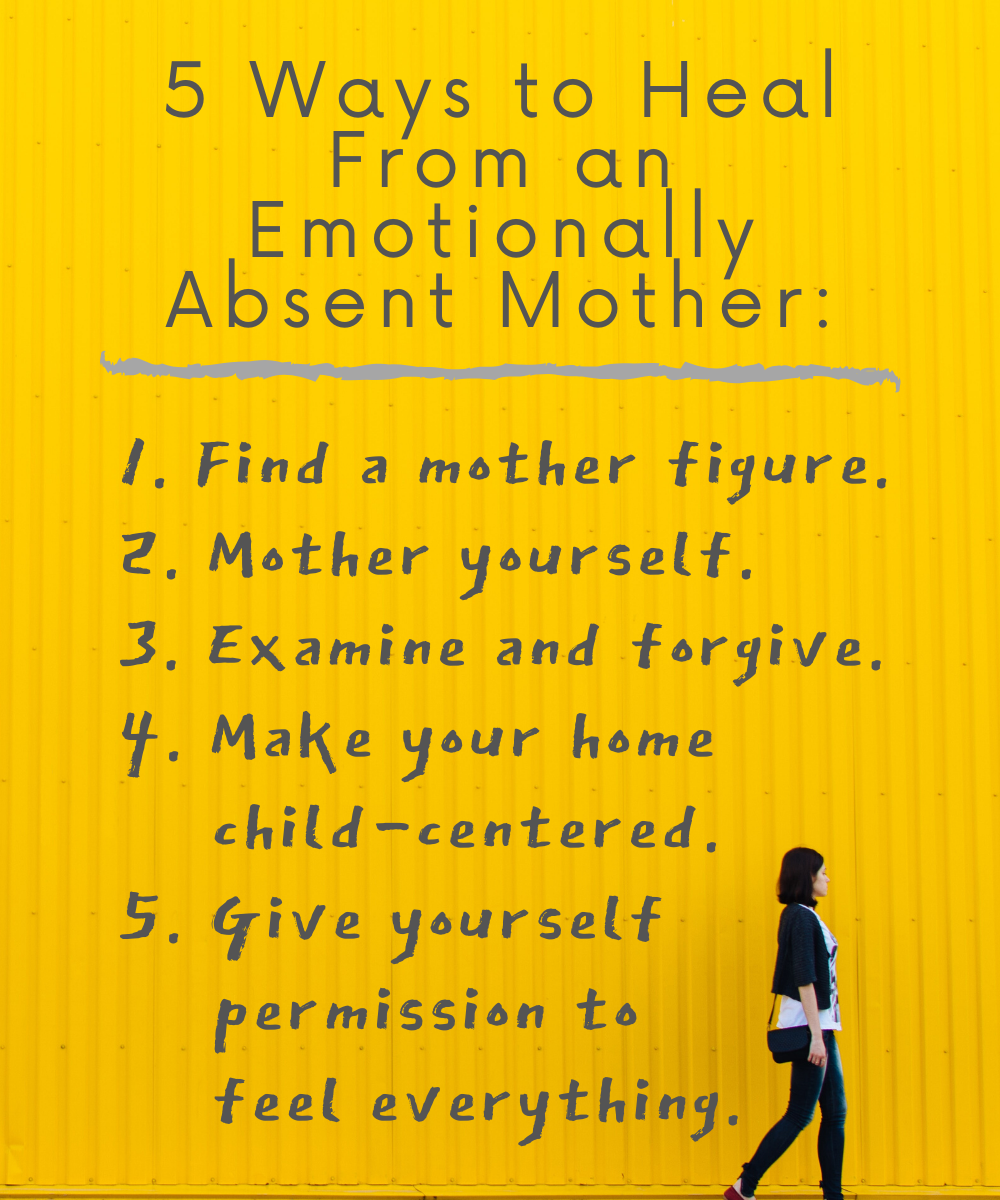
There are certain laws and regulations you need to know if you're considering adopting a New Mexican child. For example, you can only adopt a child who was born in the state. The child must be adopted by a New Mexico agency. You must meet certain requirements if you wish to adopt a child from foster care.
New Mexico Legality of Same-Sex Adoption
New Mexico is a leader in LGBTQ rights advancement. As a result, same-sex couples in the state can legally adopt a child of their own. The law permits same-sex couples in the state to adopt their child. It grants the child parental right, regardless of whether or not the child is biologically theirs. In order to petition for adoption, the couple must file the appropriate paperwork.
However, not every couple can create a child. IVF may be an option for couples who want to have a child. If that fails, they might want to adopt the child. They will then be able establish a legal parent-child relationship.

New Mexico has also legalized same-sex marital relationships. This law prevents discrimination based on sexual orientation and gender identity, and recognizes the right of same-sex couples to get married. The ACLU of New Mexico is committed to advancing the rights of LGBTQ people through advocacy, legislation and other means.
New Mexico Adoption Requirements
There are certain requirements to adopt a New Mexico child. First, you must have 18 years of age and be single or married. Next, you need to have a steady income. A place in your home must be available for the child. The background checks for criminal records must also be passed.
A New Mexico adoption agency can help you to adopt a child. First, you need to fill out a Home Study. This is a lengthy process that requires many meetings and paperwork. A home study is an extensive review of your employment, financial, health, and references history. The purpose of the home study is to give the state the most complete picture of your family's situation and give it the confidence it needs to adopt a child.
Once you've completed the adoption study, you'll meet with a social worker. Your social worker can help you find the perfect match and meet the child's families. The social worker will make the final placement decisions. In some cases, the social worker may even meet with the child's biological parent.

Requirements for adopting a child from a foster home in New Mexico
There are specialized requirements for adopting a child from a New Mexico foster home. The child should have special needs. Additionally, you must be able parent the child. Children with special needs or mental illness, as well as children who receive SSI or medication, are eligible. The child must also be involved in a professional treatment program at home. To prove that the child is mentally ill or has a disability, diagnostic reports and psychological testing are necessary. A professional diagnosis of low intelligence, developmental delay or communication disorders is required for all children. If the child is in foster care for several periods and has been to many foster homes, it is likely that they have been experiencing severe behavioral issues.
Adoptive parents should complete an adoption application and attend a local foster child/adoption meeting. Then, they must submit personal references and schedule fingerprinting. They also need to complete 32 hours of training before they can be adopted. They must also undergo a home investigation by the Children, Youth, and Families Department of New Mexico if they are to be adopted. This will include interviews with household members, as well as identifying the strengths/weaknesses of the household.
FAQ
What should first-time mothers learn?
First-time moms must understand the amount of information they need to master. They must realize that they do not have to be alone in this journey.
There have been many other women who have gone before you. These women have gained valuable lessons from their experiences.
These women will offer support and encouragement.
They'll be less isolated as they become mothers.
Why do parents choose authoritarian parenting?
To be able to become healthy adults, children must have autonomy and the ability to decide for themselves. Children who don't have the ability to make decisions for themselves often feel helpless in life and are unable to manage it. As a consequence, they can become anxious and depressed.
Parenting styles that are authoritarian tend to create a climate where children feel controlled and powerless. This can lead to feelings of inadequacy and loneliness. It affects their ability or willingness to accept and deal with difficulties.
Allowing children to experience failure and success without fear is the best way to raise confident, happy and resilient children. Children are encouraged to take control of their own actions and behavior through authoritative parenting.
Children should be given the opportunity to have choices and should be encouraged and supported to express their opinions freely. Children will be more confident and resilient if they are given choices.
Why do some children not follow their parents' orders?
Children are naturally curious, and they want to learn from other children. They have an inborn desire to please adults without being punished. They might not know why they need to follow certain rules, and may not have self-discipline.
Children need to be able to see why they must follow rules and what the consequences are for breaking them.
They must also realize that following rules does not mean giving up their freedom. They will be safe, and they will be happy.
This will make it easier for them to grasp.
So, here are some tips on how to train your kids:
-
Describe to them the reason behind the rules.
-
Teach them about consequences.
-
You can help them to develop self-control.
-
Have fun.
-
Don't expect perfection.
-
Encourage them ask questions.
-
You should be praised for your effort and not just your results.
Which parenting style is best?
It is essential that you raise happy, healthy and well-adjusted children.
The key to this is to instill values into them early. This means teaching them how respect authority, treat others and take responsibility for their actions.
In this way, they are able to grow up as responsible adults who know exactly what they want and can attain it.
This means that your child will be better equipped to deal with problems at school and in friendships if they are taught these skills early.
Statistics
- Dr. Phil says, “Children should be able to predict with absolute certainty, what will happen as a result of their behavior, 100% of the time.” (parenting.kars4kids.org)
- Most adults will become parents at some point in their lives (i.e., around 89.6% of the adult population worldwide; Ranjan, 2015). (positivepsychology.com)
External Links
How To
How to treat ADHD children
ADHD can affect attention span, motor skills, impulse control, hyperactivity, and motor skills. The symptoms may include restlessness, impulsiveness, difficulty paying attention, trouble listening, being easily distracted, fidgeting, and squirming. ADHD children also have trouble sitting still and moving around too often. Children with ADHD can act without thinking and cause trouble by not being able to control their actions. ADHD diagnosis doesn't mean your child has to be stupid or lazy. Many ADHD individuals are extremely smart and successful.
ADHD children learn best when there is clear guidance and boundaries. Talk to your child's physician if you suspect ADHD. Ritalin, Adderall (amphetamine), Concerta (atomoxetine) may be prescribed by your doctor. Some doctors recommend counseling to parents and teachers. Others prefer only medication.
A special education program might be beneficial for your child with ADHD. This school supports students with ADHD/learning disabilities. It provides individual instruction and therapy that will improve academic performance. Behavior management training should be provided to your child. This includes positive reinforcement techniques, such as rewards or consequences.
It doesn't take special training to help a child with ADHD. It is all about patience. Teaching your child patience is all that's required. It is important to try to understand your child's motivations. For example, if your kid seems to lose interest learning, ask him why. Make learning fun by playing games with your child or watching TV.
You can help your child cope with stress by teaching relaxation exercises and other stress-busting strategies. Encourage him take breaks when he's in stressful situations. Teaching him how to manage emotions and cope with them is a good idea.
Be patient with your child when he starts school. Be patient with him as he adjusts to new routines and environments. Don't expect him to adapt overnight. Give him lots of opportunities to master new tasks.